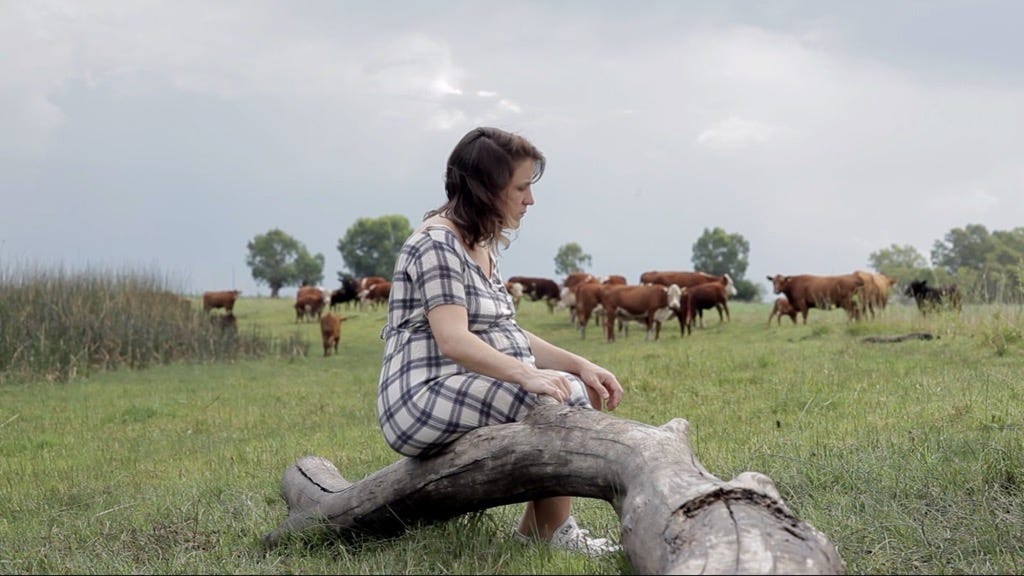Lost in La Pampa
Laura Citarella’s Argentine epic TRENQUE LAUQUEN arrives in UK cinemas this Friday 8th December.
For our penultimate newsletter of the year we are dedicating this issue to the Argentine film Trenque Lauquen (Argentina, Germany, 2022). Laura Citarella’s remarkable epic, produced by the radical film collective El Pampero Cine, spans 12 chapters over two parts, immersing us in a mysterious and extraordinary universe. The film will be in UK cinemas wi…
Keep reading with a 7-day free trial
Subscribe to Argentine Film Festival’s Substack to keep reading this post and get 7 days of free access to the full post archives.




